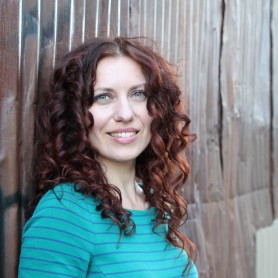I am studying how 20 Grade Three students, my writing group and my book group respond to the reading of specific books by children's author Tomie de Paola. I want to find out if there are similarities to the kind of responses that occur intergenerationally in order to better understand why books written originally for children have significance for adults as well, so that we may appreciate the impact that stories have on our lives regardless of our ages.
The article I chose is: Learning from children reading books: transactional theory and the teaching of literature. Galda, Lee, Journal of Children's Literature, 39 (2), pp. 5-13, 2013.
LINK: UBC Library, Search Collections/UBC library search, General inquiry, Transactional Theory, Article # 5.
Reader- response theory and transactional theory are closely aligned. Lee Galda is a distinguished scholar in her field and it is her article that interests me most. This paper reflects on Galda's 45 years of teaching and research and "argues that practice based on transactional theory is essential for the effective teaching of literature".
The models for her work were Gordon Pradl and John Mayer in literature and response, Bee Cullinan in children's literature and James Britton (Language and Learning, 1970) and Louse Rosenblatt (1978,1995). They decided her course as a continuing teacher, professor and researcher.
Rosenblatt focused on how readers responded to literature somewhere on the continuum of efferent and aesthetic stances. There is a transaction with another's words (story/text) that provides the reader with meaning. There is no right or wrong fixed answer--it is through individual experiences and knowledge that the language of the text is understood. Rosenblatt calls that transaction the "poem".
Galda used that terms as well.
In the last paragraph of her paper Galda states, "If we support readers as they read aesthetically, evoking their own poems, and allow them time to think, write and talk about their experiences, reading a powerful book can become an event that just might change the world, one reader at a time".
Galda was a visiting professor at UBC the summer of 1989 and she was my professor for my first course in my master's degree. I learned first-hand the impact reader-response/transactional theory could have on my teaching practice. My teaching life was never the same!



















